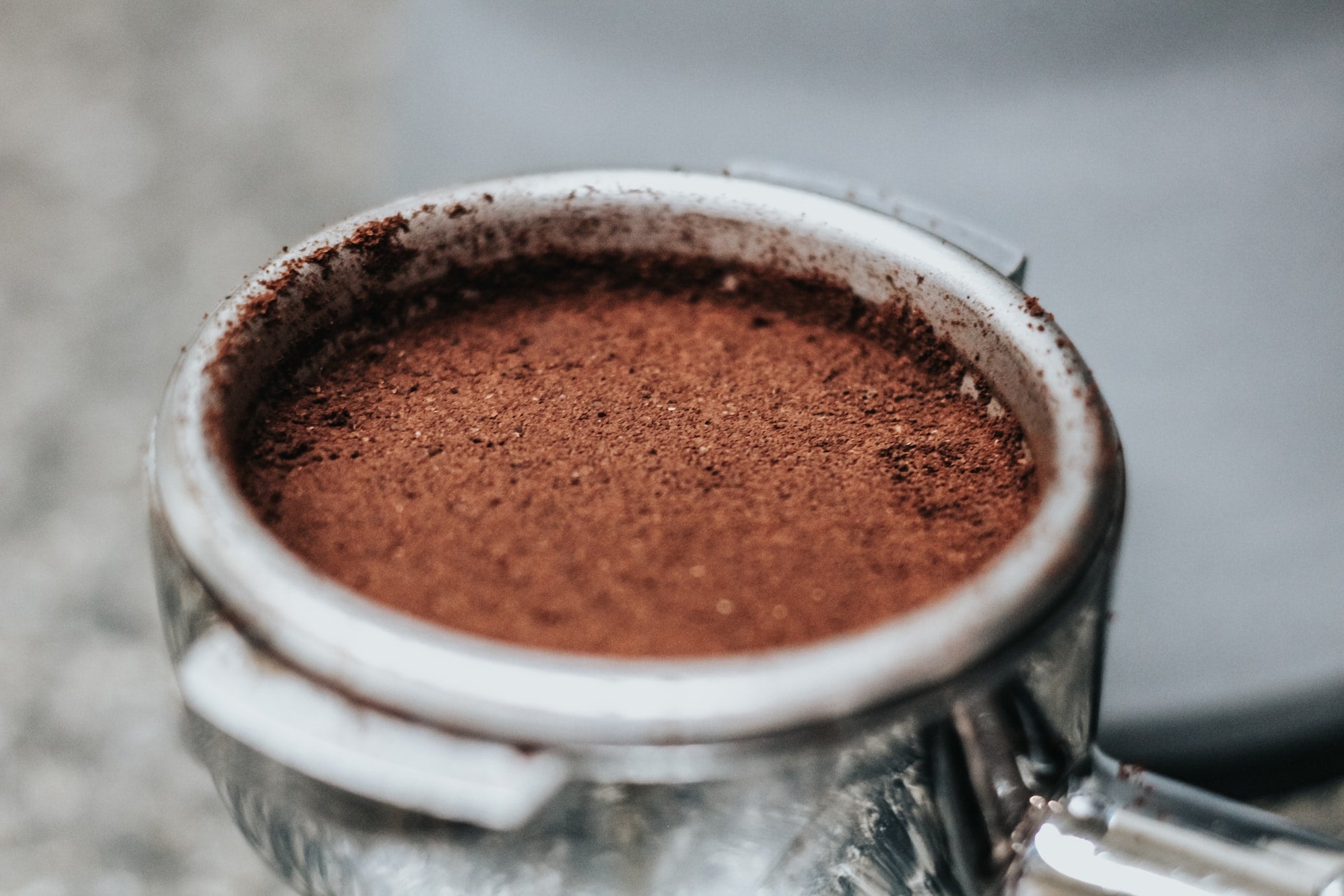Is It Safe to Dump Coffee Grounds Down the Sink? - Understanding Potential Issues
Is It Safe to Dump Coffee Grounds Down the Sink? - Understanding Potential Issues
Blog Article
They are making a number of great points regarding Is it safe to dispose of coffee grounds down the sink? as a whole in this post in the next paragraphs.

If you're a devoted coffee drinker, you might be questioning the most effective means to throw away your coffee premises. While it may seem hassle-free to clean them down the sink, this method can lead to numerous problems for both your plumbing and the environment. In this write-up, we'll check out whether it's safe to place coffee grounds down the sink and go over alternative disposal approaches to consider.
Alternatives to Disposing of Coffee Grounds
Garbage Disposal
If you don't have a composting configuration, an additional choice is to merely throw your coffee grounds in the trash. Be sure to secure them in a compostable bag or container to stop odors and leakage. While this method does not use the exact same environmental advantages as composting, it's a risk-free and practical way to take care of coffee premises.
Composting
One environment-friendly option for taking care of coffee premises is to compost them. Coffee grounds are abundant in nitrogen, making them an excellent enhancement to compost piles or containers. As they decompose, they include nutrients to the dirt, improving its fertility and appearance.
Risks of Putting Coffee Grounds Down the Sink
Plumbing Issues
Among the main worry about dealing with coffee grounds down the sink is the danger of clogging your pipes. Coffee premises don't liquify in water and can accumulate gradually, forming a dense sludge that can obstruct drains pipes and bring about costly plumbing repair work.
Ecological Impact
Past the possible damages to your plumbing, placing coffee premises down the sink can likewise damage the setting. When cleaned into the sewage system, coffee grounds can contribute to blockages in sewer lines and therapy centers. Furthermore, the high concentration of organic matter in coffee premises can diminish oxygen levels in waterways, adversely affecting water life.
Tips for Proper Disposal
Regular Maintenance
No matter exactly how you choose to deal with your coffee premises, it's vital to preserve your plumbing routinely. Set up regular drainpipe cleanings to get rid of any type of buildup and make certain that your pipes continue to be clear and free-flowing.
Utilize a Sink Strainer
To stop coffee grounds from entering your sink's drain to begin with, think about using a sink strainer. These cost-effective devices trap strong fragments, consisting of coffee grounds, avoiding them from triggering obstructions.
Verdict
While it may be tempting to wash coffee grounds down the sink for benefit, doing so can have severe effects for your plumbing and the setting. Rather, take into consideration composting your coffee premises or disposing of them in the trash. By taking on responsible disposal techniques, you can appreciate your coffee guilt-free while minimizing your ecological footprint.
Coffee Grounds Down The Drain: Are They OK?
Can Coffee Grounds Go Down the Sink?
You may be thinking, “But I pour them down the sink drain every day and I’ve never had a clogged drain!” You see, coffee grounds come from coffee beans, which are virtually rock hard by the time they’re ground and brewed. You certainly wouldn’t want to grind up the pit from a peach, apricot, or nectarine that is about just as hard because they wouldn’t break down like other foods, and it’s the same with coffee beans!
If you usually grind coffee beans in the garbage disposal because it seems the cleanest and convenient, we don’t fault you for that. And anyone who has ever had to clean up the trash with spilled coffee grounds after a dog got into it would understand the rationale. Unfortunately, coffee grounds do not break down in water, so instead of grinding up and washing away as normal foods do in a garbage disposal, they clump together and as time goes by, the grounds can form a clump and pack the drain until it develops a clog.
What to Do With Coffee Grounds
So, what do you do with coffee grounds if you can't put them down the drain? You could of course just throw them in the garbage, but we encourage you to give these practical uses for them a try!
Since coffee grounds contain key minerals for plant growth, you can use them to fertilize your garden. Coffee grounds not only fertilize gardens because they are mineral-rich, but they are also great at absorbing contaminants in the soil, particularly heavy metals. Coffee grounds are said to attract worms, which help gardens flourish. You can use coffee grounds as fertilizer by sprinkling them around your plants. You can compost your coffee grounds and use them at a later time. Coffee grounds are great insect repellents when you place them in bowls or sprinkle them around the areas you want to repel insects. To remove fleas from your dog or cat, simply shampoo your pet then rub coffee grounds throughout their fur. Rinse them off and dry as usual. Like baking soda, used coffee grounds can eliminate odors. You can place them in a bowl in the fridge and let them do the work! Mix coffee grounds with coconut oil for a wonderful face or body scrub, or to reduce the appearance of cellulite. https://www.wintershomeservices.com/blog/2019/august/coffee-grounds-down-the-drain-are-they-ok-/

We hope you enjoyed our piece on What are the consequences of putting coffee grounds. Thanks a lot for taking time to browse our article post. Do you know about somebody who is in the market for the niche? Take a moment to share it. Many thanks for your time. Don't forget to stop by our site back soon.
Additional Resources Report this page